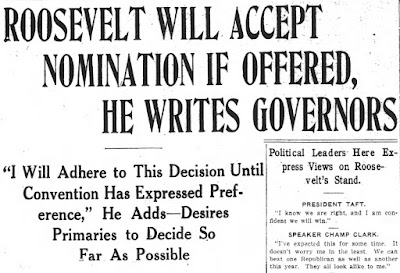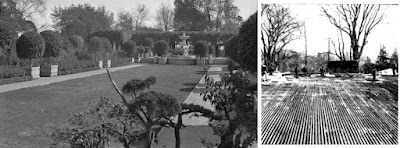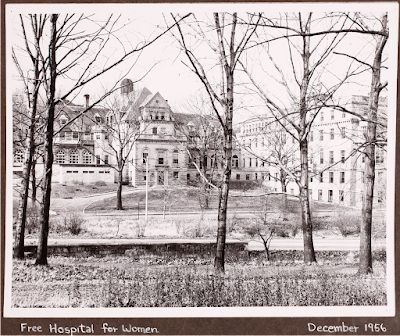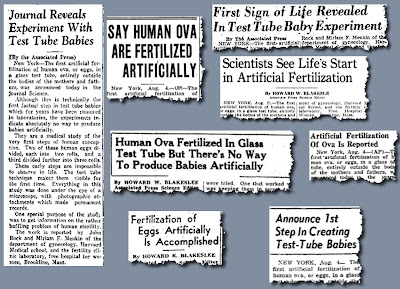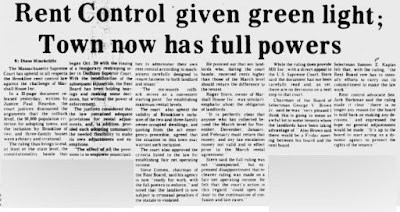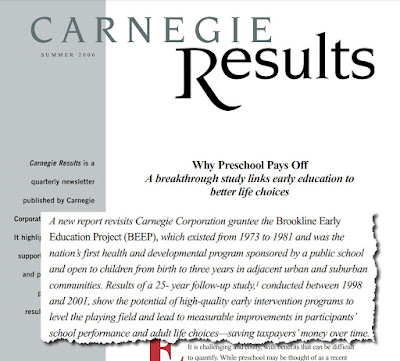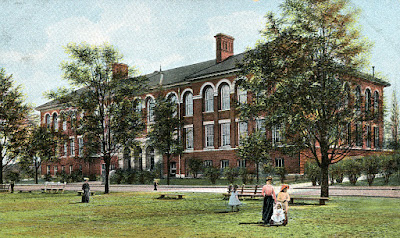 |
| February 17, 1903 |
February 17, 1903 - Manual Training high school building
February 15, 1933 - Best Small Home in America
February 15, 1937 - Brookline woman and her aunt make gift of Tanglewood
February 14, 1969 - Two Sagamore editors resign in censorship dispute
February 17, 1903
Manual Training high school building
An 1894 Massachusetts law required cities and towns with populations above 20,000 to incorporate manual training into their high school curricula. Brookline remained exempt; its population as late as the 1900 Census was just under the threshold. But the town was growing rapidly; by 1910 it would have nearly 28,000 people.
The new manual training building on Tappan Street (shown above) opened for use with the 1902-03 school year. In February 1903, the public was invited to tour the new facility. The curriculum, reported the School Committee,
"does not mean that trades are to be taught in the high school any more than professions are taught, but that such instruction be given as will afford a solid foundation for either when in after life a special vocation is chosen."
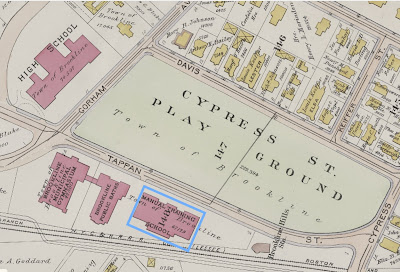 |
| The manual training building of Brookline High School, outlined in blue on this section of a 1907 atlas, is now the oldest building in the high school complex. |
Boys learned industrial skills like carpentry, foundry, boiler, and engine work, while the girls learned "domestic arts" like sewing and cooking, but the School Committee recognized early on that "we have gone further in the development of satisfactory manual courses for boys...than we have done thus far for girls."
February 15, 1933
Best Small Home in America
Architect Royal Barry Wills designed more than 20 homes in the Blake Park development on the lower half of Aspinwall Hill in the 1920s and 1930s. One of these, now 37 Weybridge Lane, was awarded the Gold Medal for the best small house in the country in the annual Better Homes in America competition for 1932.
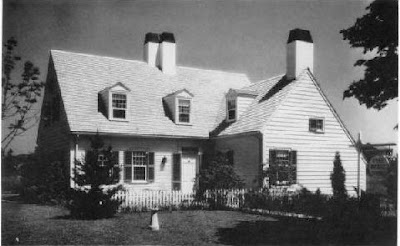 |
| 37 Weybridge Lane in 1932. A sign hanging at the far right says "Gold Medal Home.' |
Wills received his award at the White House on February 15th from President Herbert Hoover, honorary chairman of Better Homes in America. Hoover, as Secretary of Commerce under Presidents Harding and Coolidge, had been a major supporter of the Better Homes organization in its early years.
This house was the home of Maurice and Mary Dunlavy. Maurice Dunlavy was the builder of all of the Wills-designed homes in Blake Park. Read more about the house on my Blake Park website.
February 15, 1937
Brookline woman and her aunt make gift of Tanglewood
The Boston Symphony Orchestra announced it had accepted the gift of the 210-acre Tanglewood estate in Lenox and Stockbridge from Rosamund Brooks of Brookline and her aunt, Mary Aspinwall Tappan of Boston. The estate, which had been in the Tappan family for more than 80 years, was to become the permanent home of the orchestra's summer concerts.
 |
| Part of a February 1937 Berkshire Eagle article, left, and a flyer from the fourth annual Berkshire Symphonic Festival, the first held at Tanglewood, right. |
William Aspinwall Tappan, a merchant and banker and the father and grandfather of the two women, developed Tanglewood in the 1850s. (His father was the abolitionist Lewis Tappan whose 1820s house on Aspinwall Hill was torn down in 1939.) Mary Tappan was born in Lenox on an adjacent estate while Tanglewood was being developed. She died in 1941. Her niece, then remarried as Rosamund Hepburn, died in 1948.
February 14, 1969
Two Sagamore editors resign in censorship dispute
Two editors of the Brookline High School newspaper the Sagamore resigned after the administration put in place a new rule requiring all articles, except sports reporting, to be approved by school officials "for verification of factual information" before being published. The ruling came after publication of an editorial said to contain numerous factual errors.
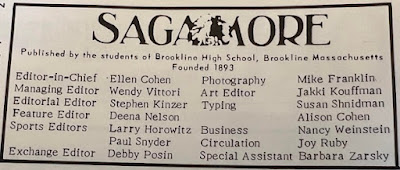 |
| 1968-69 masthead of the Sagamore |
Editorial editor Stephen Kinzer and sports editor Larry Horowitz, later joined by photography editor Mike Franklin, resigned in protest. Kinzer, whose editorial prompted the rule change, told a meeting of the School Committee that "in an issue like this there's no middle ground. Students can either write what the administration wants or they can write what the students want.'
Other Sagamore editors wrote in the paper that their remaining on the staff "does not in any way indicate that we condone indiscriminate censorship." They did, however, put in place a new structure in which editorials would reflect the consensus views of a new editorial board, instead of a single editorial editor. The administration's ruling on oversight was overturned a month later.
The controversy did not hurt
Kinzer's career. After graduating from Boston University in 1973, went on to be an aide to Michael Dukakis in his first term as governor, a reporter for the
Boston Globe, a longtime foreign correspondent and bureau chief at the
New York Times, and the author of several books.
(Kinzer is shown here as he appeared in a group portrait of the Student Council in the 1968 Brookline High School yearbook, the Murivian.)
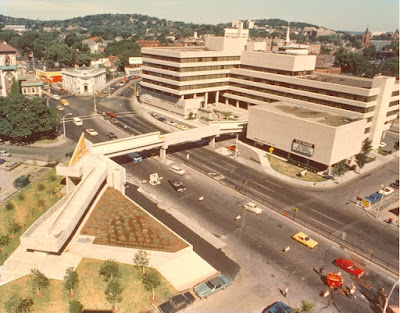
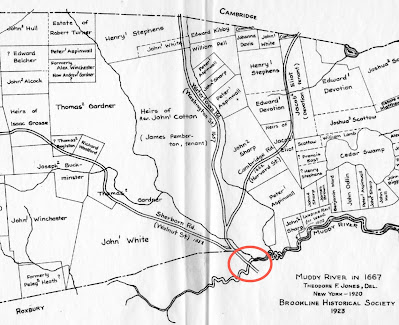
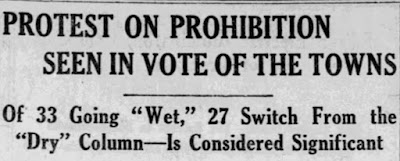

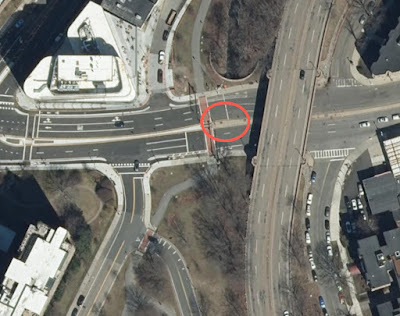



.jpeg)
